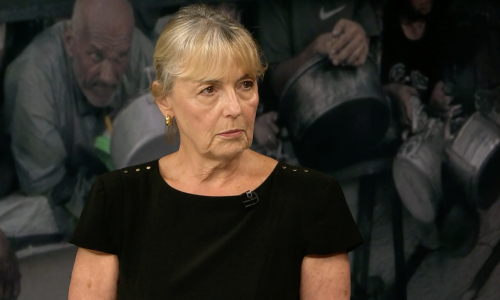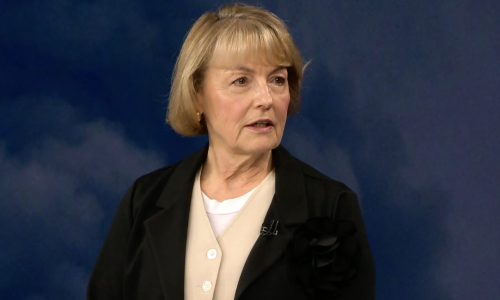The European Commission is representing Croatia's interests when negotiating with Croatia's neighbours on plans to amend their respective Stabilisation and Association Agreements, just as it represents interests of other members, abiding by the universal rule of retaining the same volume of trade as it was the case before Croatia's admission to the European Union, Croatian Foreign Minister Vesna Pusic said in Brussels on Monday after she participated in the EU Foreign Affairs Council's meeting.
"The European Commission represents the interests and positions of all EU members, and Croatia is one of those members. The universal rule, already agreed, envisages that the traditional volume of trade such as existed before the admission of a newcomer should be retained. This rules is always applied by the Commission for all members, including our case," Pusic said.
The negotiations are under way between the European Commission and Croatia's neighbours -- Bosnia and Herzegovina and Serbia -- on amending their respective SAAs taking into account changes triggered off by Croatia's admission to the EU on 1 July and its automatic departure from the Central European Free Trade Agreement (CEFTA).
Serbia and Bosnia have expressed dissatisfaction with the proposals coming from Brussels, particularly for retaining lower tariffs on cigarettes imported from Croatia into Serbia and the standards for meat imported from Croatia into Bosnia.
The Commission requests that Serbia retain lower preferential tariffs of 15% applied for CEFTA members for the import of cigarettes from Croatia instead of higher ones, 57.%, in place for imported cigarettes from the EU. The preferential tariff will be applied for 1,625 tonnes, equivalent to the average annual import of Croatian cigarettes in the last three years.
Bosnia banned the import of meat products from some Croatian slaughterhouses on 1 July, with the explanation that those products did not meat EU standards, although they were imported until Croatia's entry into the EU. Bosnia's authorities justify it as a reciprocal measure.
Trade ministers, Rasim Ljaic of Serbia and Mirko Sarovic of Bosnia and Herzegovina said in Belgrade earlier on Monday that the EU's proposal to amend Stabilisation and Association Agreements (SAA) because of Croatia's admission to the EU and its automatic departure from CEFTA was unacceptable to their respective countries.
Ljajic and Sarovic met in Belgrade to discuss a joint position on suggestions from Brussels to modify their respective SAAs after Croatia's EU admission on 1 July.
Serbia does not accept to retain the preferential duty on imported cigarettes from Croatia, which also refers to a number of imported products from Croatia into Bosnia and Herzegovina, reads the press release.
The Serbian and Bosnian ministers agreed to coordinate their viewpoints when it is necessary to protect economic interests of their countries in relations with the EU.
Ljajic was quoted by the Belgrade media on Saturday as saying that Serbia was under pressure from the EU to solve the issue of imported Croatian cigarettes.
































